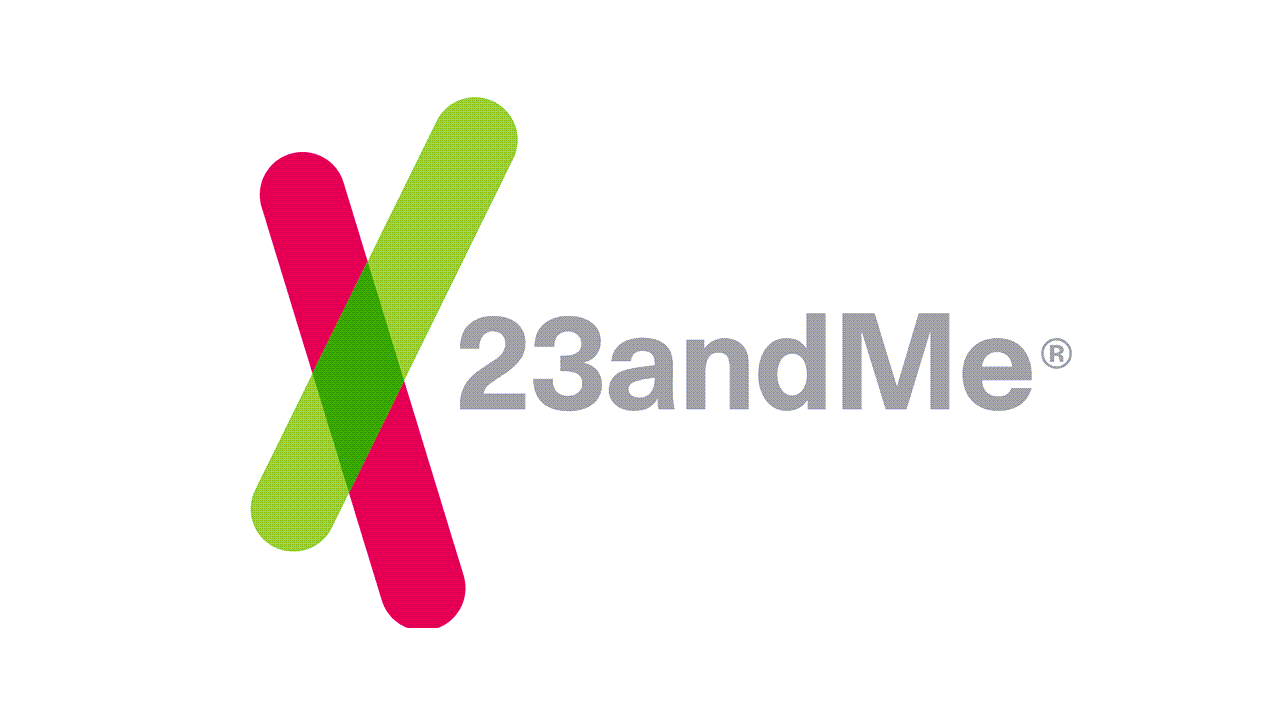EU Push for Big Tech to Fund 5G Rollout Delayed to 2025, Sources Say
Introduction
In a significant development, Europe’s telecoms operators are facing a delay in their push for Big Tech companies to contribute to the funding of 5G and broadband rollout. The decision to propose rules regarding this matter will likely be left to the next European Commission, according to insider sources. Telecoms companies argue that tech giants like Google, Facebook, Netflix, Microsoft, and Amazon should bear some of the costs since they account for a substantial part of internet traffic. However, Big Tech argues that such a move would amount to an internet tax. Let’s delve deeper into the details and implications of this delay.
The Telecoms Operators’ Call for Fair-Share Funding
Europe’s telecoms operators, including Deutsche Telekom, Orange, Telefonica, and Telecom Italia, have been advocating for Big Tech companies to contribute to the rollout costs of 5G and broadband. They argue that since these tech giants generate a significant portion of internet traffic, it is only fair for them to share the funding burden. This concept, known as fair-share funding, aims to bridge the investment gap of 200 billion euros ($212.4 billion) identified by EU industry chief Thierry Breton.
Big Tech’s Opposition: An Internet Tax?
On the other side of the debate, Big Tech companies such as Google, Facebook, Netflix, Microsoft, and Amazon vehemently oppose the idea of fair-share funding. They argue that considering it an internet tax would be more appropriate. This stance highlights their concerns about the potential financial implications and regulatory burdens that would arise if they were required to contribute to the rollout costs. The clash between telecoms operators and Big Tech companies has sparked a heated discussion within the industry and among policymakers.
Expectations for Legislation
Initially, there were expectations that EU industry chief Thierry Breton would propose legislation on this matter after gathering feedback from both sides. However, the push faced resistance from some fellow commissioners and EU countries, leading to a delay in the decision-making process. While there is no final decision yet, insiders suggest that the next European Commission, which will take office after the current Commission’s term ends in November next year, will have to determine whether to propose legislation.
Strategy to be Set Out Next Year
Given the delay in proposing legislation, Thierry Breton is now expected to outline a strategy next year concerning the fair-share funding issue. This strategy will shape the future direction of the debate and provide guidance to the next European Commission. Breton’s aim is to ensure that Europe maintains its competitive edge and seeks ambitious recommendations for the future of the Single Market. He emphasizes the need for a bold, future-oriented, game-changing Digital Networks Act to redefine telecoms regulation.
Regulatory Barriers to a Single Telecoms Market
As discussions continue on fair-share funding, Thierry Breton has highlighted the regulatory barriers impeding the creation of a single telecoms market in Europe. Feedback from various stakeholders, including telecom providers, broadcasters, cloud service providers, business associations, consumer organizations, and Europeans, underscores the need for regulatory reform. These barriers represent challenges that must be addressed to foster a more integrated and competitive telecoms market across the European Union.
Concerns About Telecoms Stakes Acquisitions
In addition to the fair-share funding issue, concerns have arisen regarding the recent acquisitions of telecoms stakes by sovereign investment funds and private equity firms. The acquisition of a 9.9% stake in Telefonica by Saudi Arabian group STC, making it the largest shareholder, has raised eyebrows. The Spanish government is scrutinizing this move to ensure that its strategic interests are protected. Thierry Breton is expected to address these concerns and voice his apprehensions during an upcoming meeting with EU telecoms ministers in Leon, Spain.
The Role of the Next European Commission
With the decision on fair-share funding postponed until the next European Commission takes office, the fate of the proposal remains uncertain. The delay gives the telecoms operators and Big Tech companies more time to present their arguments and influence the decision-making process. The next Commission will have the responsibility of evaluating the situation and determining whether to propose legislation on the issue. This decision will shape the future of 5G and broadband rollout funding in Europe.
Conclusion
The push for Big Tech companies to contribute to the funding of 5G and broadband rollout in Europe has been postponed, with the decision likely to be made by the next European Commission. Telecoms operators argue for fair-share funding, while Big Tech companies oppose it as an internet tax. The delay provides an opportunity for further discussion and evaluation of the implications of such a funding model. As the debate continues, the telecoms industry, Big Tech companies, and policymakers will need to find a common ground to ensure the successful deployment of 5G and broadband networks across Europe.



